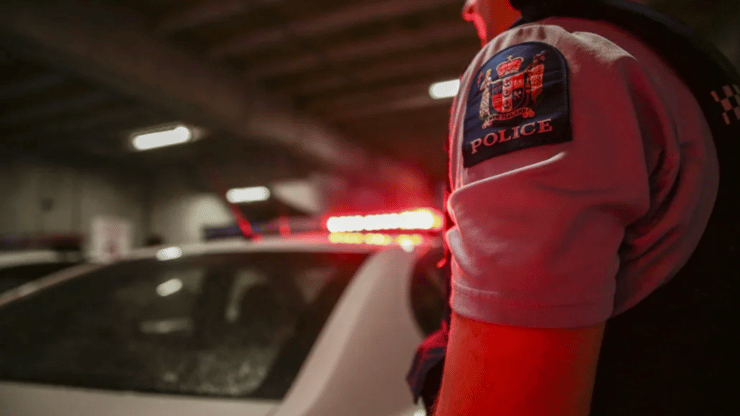Māori Men More Likely To Be Stopped, Tasered, Prosecuted By Police: Report

"Bias" and "structural racism" within the police are partly why Māori men are more likely to be stopped, prosecuted and tasered, a two-year investigation has found.
The report - Understanding Police Delivery - which has just been released - presents key results from the first phase of an inquiry into "equity and fairness" in policing.
It was announced by Police Commissioner Andrew Coster in March 2021 after RNZ revealed police offcers in many regions were systematically stopping and photographing rangatahi Māori on the street for a national database.
One of its key findings was that physical appearance - including size, gender, age and ethnicity - often play a role in police officers' "perception of aggressive behaviour" and their decision to use force.
The decision to use force could also be influenced by "time and resource constraints".
"Results indicate that inequity exists in the policing system and operates at different levels: structural, institutional and interpersonal," researchers said.
Racial inequities
Of complaints assessed, which specifically referred to "racism", 38 percent were from Māori followed by 22 percent from Asian complainants.
"Complaints regarding searches indicated that Māori felt unwarranted searches, in particular violated their tikanga (ways of doing things within cultural boundaries) of their home/personal space."
Māori and Pacific people were disproportionally over-represented in "use of force events", including those involving tasers.
Use of tasers
- One in five taser "events" in the six-month period was at a family harm event.
- Males were nearly 10 times more likely to be tasered (over 85 percent of all tactical operations/use of force reports involved a male).
- 92 percent of TASER events involved men, and 90 percent of TASER discharge events.
- "The threshold for threat is considerably lower than that for females."
- "In some cases, men were tasered for non-compliance or to gain control over a situation when no physical threat or weapon was present."
There were three "events" where youth were tasered.
All were Māori males, two were just 14-years-old.
Overall, the level of force described in the complaints tended to be more serious for Māori and Pacific peoples.
One Pasifika male described a violent interaction with a police officer: "Before I even got out of the area, three police officers grabbed me, smashed me into my partner's car and knocked me so hard I felt I may have gone unconscious for a moment."
However, the report also noted Māori youth were "far less likely to complain than any other group".
Researchers said the over-representation of Māori in the criminal system could not be explained solely by "racism" on the part of individual police officers or even "structural racism", but had its roots in the wider failure of society.
"Police operate within a much larger political eco-system that has consistently undermined the health and wellbeing of Māori communities, and as a result, Māori are more likely to be exposed to police intervention in their lives."





